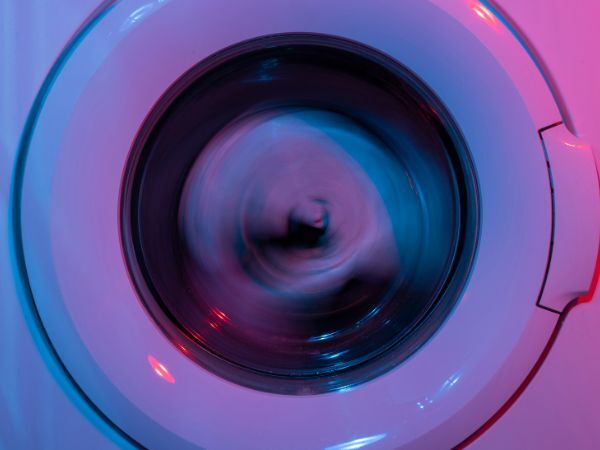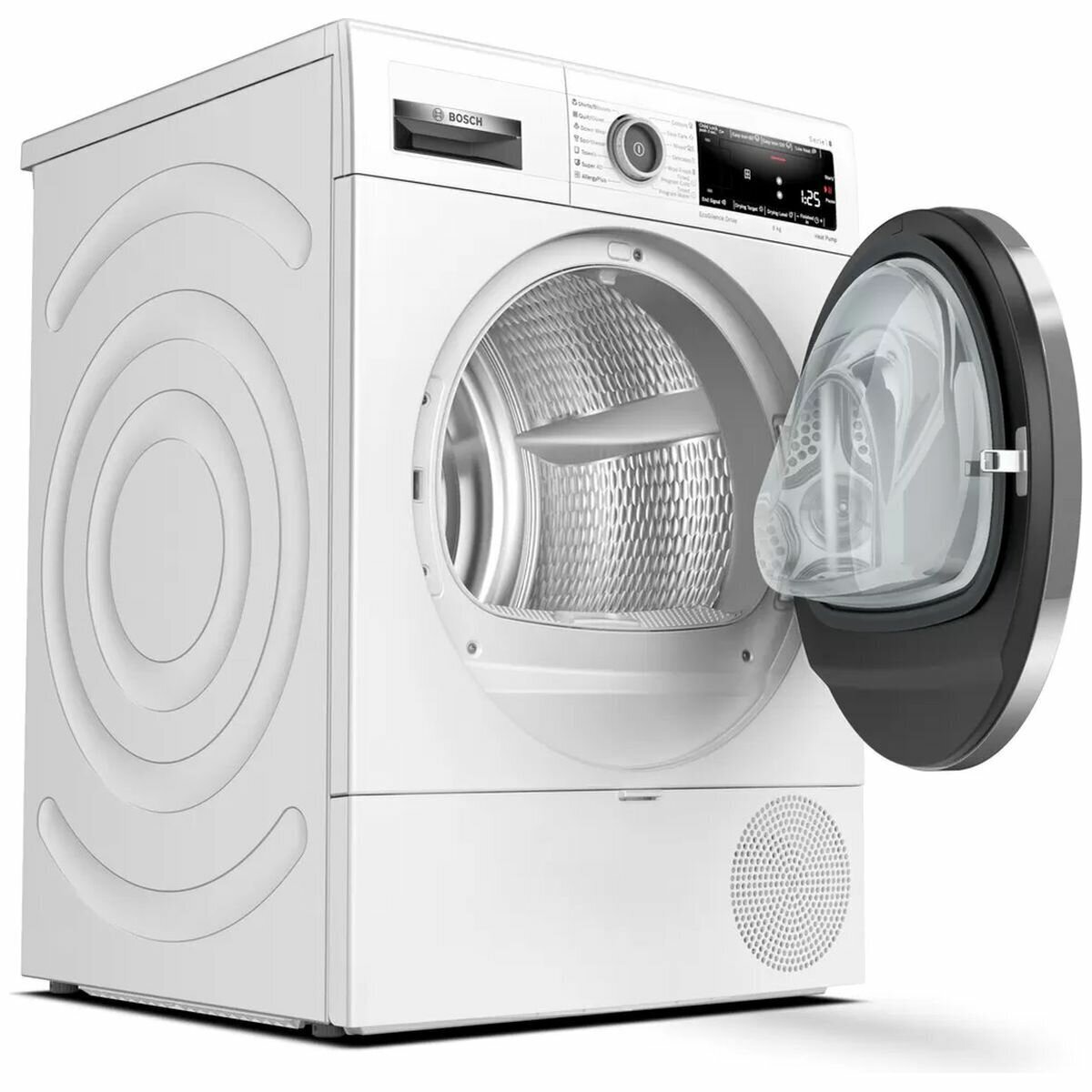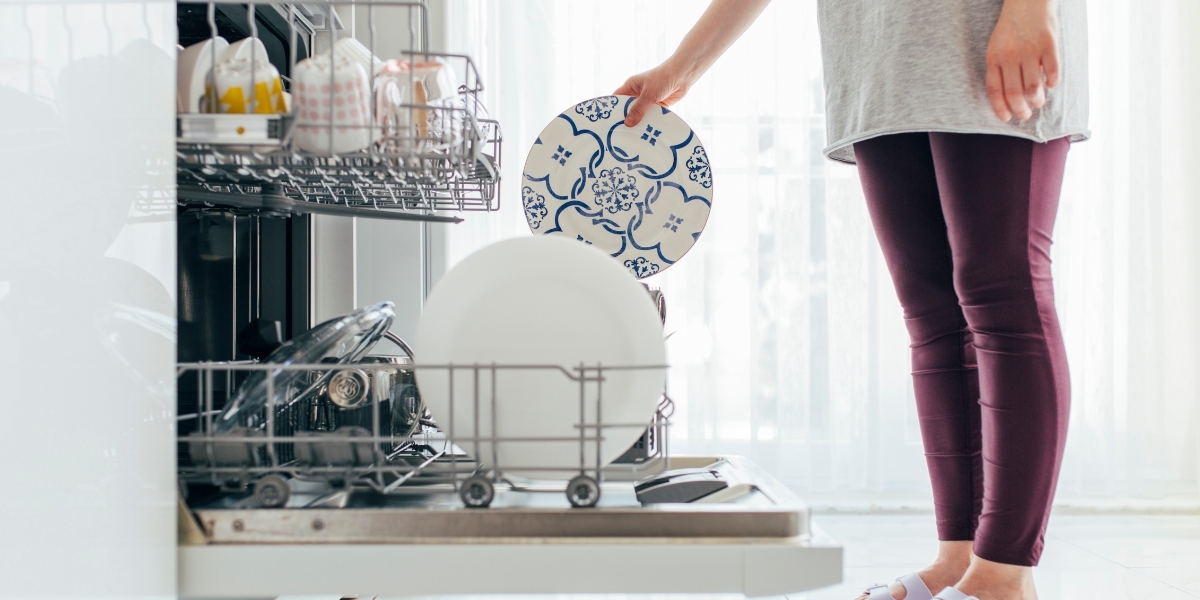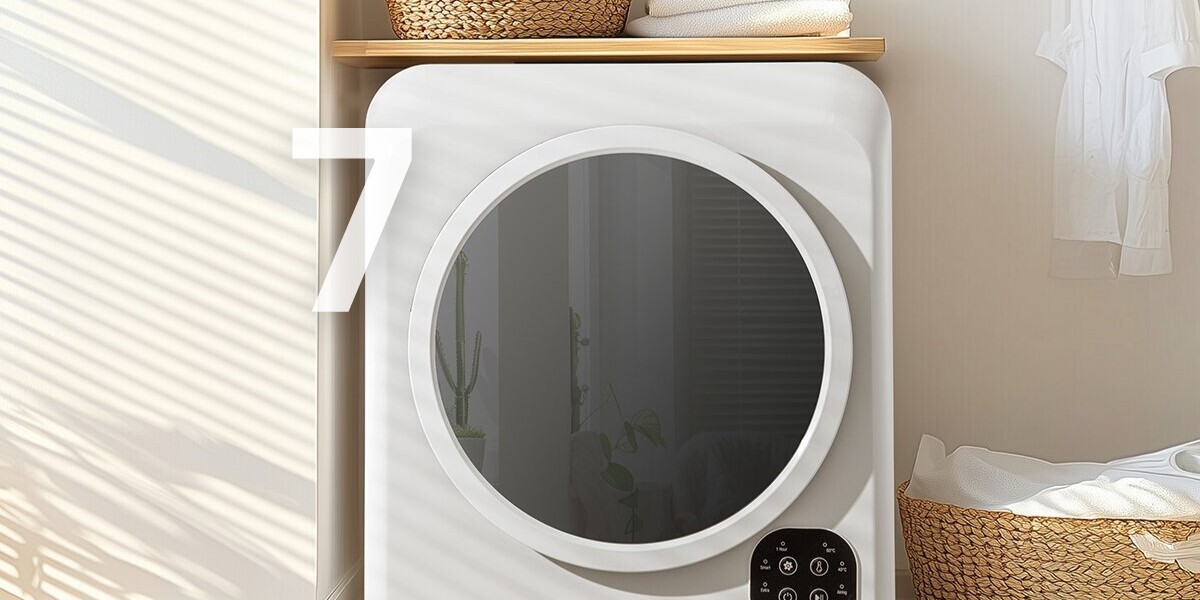
Your Cart
Your shopping cart is currently empty.
Laundry
Keep your wardrobe fresh and dapper with smart ideas for better washing and drying.
LAUNDRY | 29 MAY, 2024
4 MIN READ
Washing machine spin speed – Does it matter?
All in a spin with your wash cycle?
What does the washing machine spin speed do and what is a good spin speed in a front load washing machine? We often get asked this question, so I thought we should explain.
What is the spin speed?
The washing machine spin speed is the speed at which the tub spins during the final cycle.
After your clothes have been washed in a front load washing machine, they are very wet. The washing machine will empty the water and the tub will spin around very fast to 'wring' the water out of the clothes in an effort to dry them and minimise the amount of time they have to spend drying on the line or in a clothes dryer.
The faster the washing machine spin speed, the drier the clothes emerge from it.

What spin speed do you need?
A good spin speed will vary according to the type of fabrics you have in the machine (e.g. cotton, synthetic or wool). The washing machine will have a default spin speed for the type of clothes (and the program you have chosen). Wool will require a slower spin speed (around 600-800rpm), whereas synthetic will need 800-1000rpm and cotton around 900-1400rpm.
Tempting though it can be to spin every load at the highest speed, a fast spin isn't always the best choice for the laundry you're washing. A high-speed spin could, for example, leave cotton business shirts full of creases, which means longer ironing time for you. However as a general rule, for washing towels, sheets and casual wear, the faster the better, as it reduces your drying time.
So, we've seen how spin speeds impact drying times, but what if the weather's just too cold, wet or humid for clothes to finish drying properly on the line? Or if you don't have an area with sunlight and good airflow to air dry your clothes inside?

Is it worth getting a clothes dryer to finish what the washer's spin cycle starts?
If you struggle to get clothes dried properly at certain times of the year by line drying them (inside or outside), or you just don't have the time for endless hanging up and taking down of clothes, a clothes dryer could be a good idea. Although tumble dryers were once notorious for using a lot of energy and damaging clothes with their intense heat and drying processes, today's dryers are comparatively much more energy efficient and gentler on fabric - especially heat pump dryers.
Heat pump dryers remove moisture without venting hot air, so they don't need external ventilation that older style vented models need (if you have ever used a vented model and found your laundry turning into a steam room, it's because you didn't have proper ventilation in place).
Heat pump dryers operate at lower temperatures, which is gentler on clothes. Though cycles do take longer than with vented dryers, heat pump models can use up to 60% less energy, which also equates to comparatively lower power bills.

Appliances Online is Australia’s largest online appliance retailer, with over 8,000 unique products from the world’s best and biggest brands. Since 2005, it has built a 'legendary' reputation for its 24/7 Australian Customer Support, Free Next Day Delivery*, Price Match Guarantee* and Free Removal and Recycling of Old Products*.
Latest Articles
KITCHEN
24 FEBRUARY 2026
10 of our top best selling rangehoods in Australia 2026
The key to clearer air and cleaner surfaces in your kitchen
LAUNDRY
17 FEBRUARY 2026
If you suffer from allergies, a clothes dryer could be a game-changer
How indoor drying helps manage itchy eyes and sneezing
KITCHEN
5 FEBRUARY 2026
What are dishwasher place settings?
Find the perfect dishwasher capacity for your household
LAUNDRY
3 FEBRUARY 2026
7 of our top best selling vented dryers in Australia 2025-26
Need a stackable or wall-mountable tumble dryer?
More Like This
KITCHEN
24 FEBRUARY 2026
10 of our top best selling rangehoods in Australia 2026
The key to clearer air and cleaner surfaces in your kitchen
LAUNDRY
17 FEBRUARY 2026
If you suffer from allergies, a clothes dryer could be a game-changer
How indoor drying helps manage itchy eyes and sneezing
KITCHEN
5 FEBRUARY 2026
What are dishwasher place settings?
Find the perfect dishwasher capacity for your household



